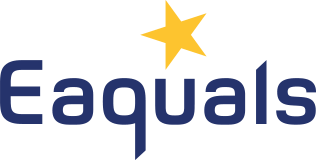Meet the Trainer – Sandie Mourão
Introducing Sandie Mourão
 Sandie Mourão (PhD) is a teacher educator, author and consultant specialising in early years language education. She is an invited assistant professor in Nova University Lisbon, where she works on the MA in ‘Teaching English in primary education’.
Sandie Mourão (PhD) is a teacher educator, author and consultant specialising in early years language education. She is an invited assistant professor in Nova University Lisbon, where she works on the MA in ‘Teaching English in primary education’.
She is co-editor of Early Years Second Language Education: International Perspectives on Theory and Practice (Routledge, 2015) and the open access Children’s Literature in English Language Education e-journal [http://clelejournal.org/], as well as author of a number of pre-primary and primary language learning courses and resource books. Her interests focus on early years language learning, picturebooks in language education, intercultural learning, assessment practices and reflective learning.
Training for Excelence Strand Information
Developmentally appropriate approaches to early language learning in English
With English starting at ever earlier ages around the world, language centres and schools are introducing English to children from the age of 3. This session will focus on the teaching and learning of English with 3 to 10 year olds and isdivided into three sequential parts.
The opening part of this session, focusing on the specificities of 3 to 6 year olds, provides a brief overview of the preprimary child, with examples of how language education can be planned to include developmentally appropriate activities to reinforce orality (e.g. routines, game-like activities, storytelling and child-initiated play). This next part, changing focus to specificities of 7 to 10 year olds, expands on the importance of developing orality to support success in L2 literacy. Developmentally appropriate activities for this age group will make reference to the new pre-A1 levels (Council of Europe, 2018) and the use of literature (e.g. rhymes, fables and picturebooks) in the classroom.
This final part focuses on resourcing centres and schools to cater for these two age groups. Reference will be made toresources associated with the promotion of interaction and meaningful literacy practices, as well as mention resourcesthat support inclusion and respect for diversity.



